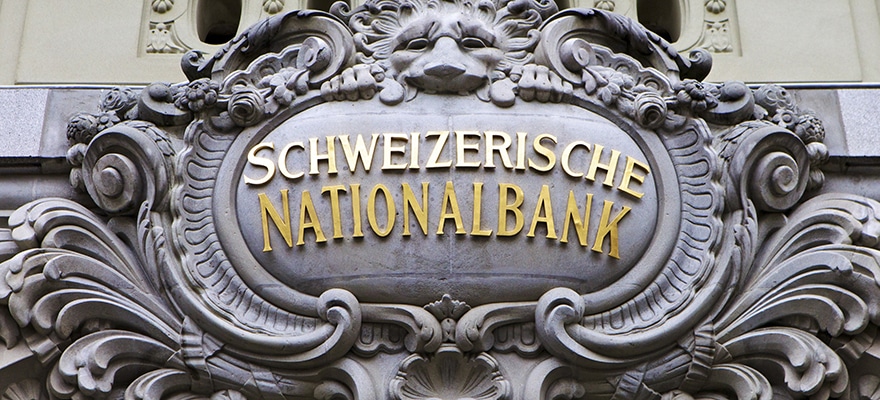With quarterly results from investment banks coming in, the reality is that ‘Black Thursday’ was actually one of companies being in the ‘black’ for their profits, and not ‘black’ as a negative day for the foreign Exchange industry.
UBS has issued its Q1 2015 financial report today. And like Citigroup which reported in April, UBS too registered a boost in FX related income due to the January 15th event where the Swiss National Bank removed its peg in the EUR/CHF exchange rate. Like Citi, UBS also suffered losses on that day, but more than made up for it thanks to the Volatility the event triggered in the FX market. Overall, UBS reported net profit of CHF 1.977 billion on total operating income of CHF 8.841 billion. The net profit figure was 130% above Q4 2014 and an 88% from the same period last year. The profits have so far boosted shares as well, with shares trading higher by about 6% today.
FX profits
Adding to the bank’s bottom line were strong performances in FX related transactions. This included rising profits in its transactional business and trading income. Within its Wealth Management division, the firm announced that net trading income rose by CHF 63 million to CHF 246 million, with UBS stating the increase was “mainly due to higher foreign exchange related trading revenues”.
UBS also reported that transaction related profits within its Wealth Management division rose due to increased FX related volumes. During the quarter, transaction based income was reported as rising by CHF 153 million to CHF 589 million. UBS stated that growth took place in all its regions, but notably in the Asia Pacific. In addition, FX trading was singled out along with structured products and investment funds as an area of growth.
Elsewhere, FX revenues helped boost performance in the investment bank unit, the Foreign Exchange, Rates and Credit department reported revenues rising to CHF 701 million from CHF 297 million. UBS credited the Swiss National Bank’s actions, stating “Following the Swiss National Bank’s actions of 15 January 2015, volatility levels increased sharply and remained at elevated levels throughout the first quarter, driving higher client activity, and increased revenues in the foreign exchange and rates businesses”.
Looking ahead, UBS may be hard pressed to replicate these FX results without external factors driving volatilities on currencies. Nonetheless, like their competitors, UBS’s performance revealed that even though single days losses on risky days may occur, as long as volatility persists, the market making model can be quite profitable. The performance also highlights the importance to be well capitalized when utilizing a market making model in FX.













